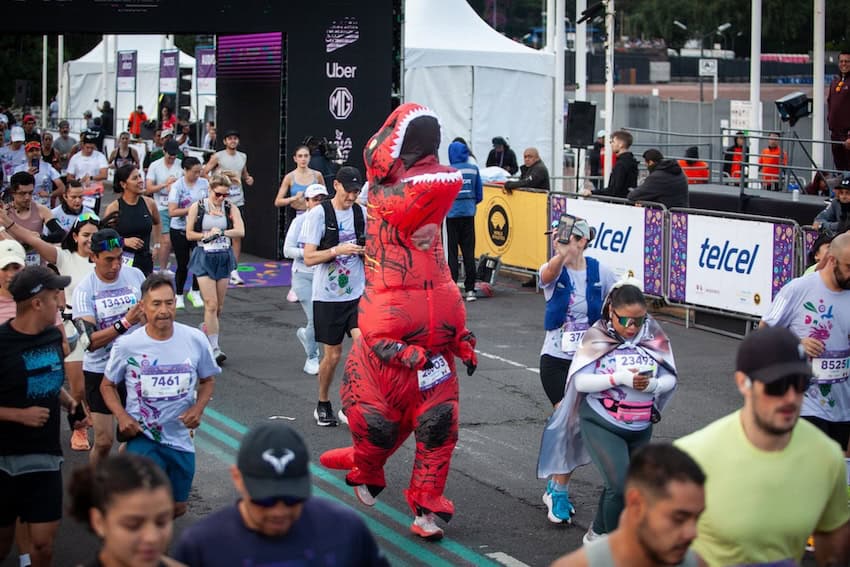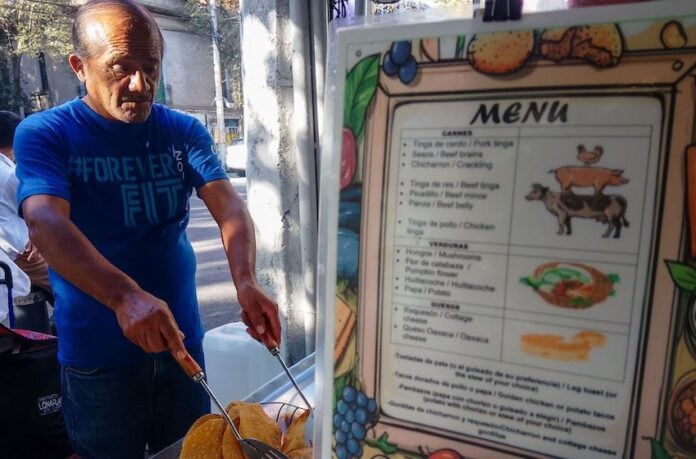Travel guide publisher Fodor’s has put Mexico City on its “No List” for 2026 as one of eight destinations that tourists should avoid visiting.
Unlike other warnings about Mexico as a tourist destination, Fodor’s does not cite security concerns in its recommendation. Rather, Mexico City appears on its “No List” in reaction to July’s protests lamenting gentrification in the long-time comfortable neighborhoods of La Condesa and Roma.

In defining gentrification, the protesters tended to give as examples rapidly rising rents — a universally recognized problem — and the presence of foreigners. The signs that got the most media coverage read “Mexico for Mexicans” and “Gringos Out!”
For that reason, President Claudia Sheinbaum, while promising to do something about abusive rents, criticized the marches as being more about xenophobia than gentrification.
Fodor’s, whose business model depends on tourism, explained its “No List” as necessary for promoting responsible tourism that doesn’t cater to tourists at the expense of locals. It does not ask readers to boycott the destinations listed, including Mexico City, but rather, encourages them to take a break from certain spots that are feeling the pressures of overtourism.
Protesters sometimes point to what they consider an unacceptable number of foreigners in the city, but the overarching complaint is that landlords are displacing communities. Apartment rentals, they say, are being listed in dollars rather than pesos (which is illegal), while long-term residents are allegedly facing eviction to make way for foreign tenants with bigger pockets.
The growth in popularity of Airbnb has also been blamed for contributing to the housing crisis. In 2022, when Claudia Sheinbaum was mayor of Mexico City, she signed a partnership with Airbnb to promote tourism and remote work, giving today’s protesters a reason for targeting the president.
The advocacy group Inside Airbnb estimates that there are more than 25,000 short-term rentals in Mexico City, with listings increasing by 35% since the COVID-19 pandemic, during which time more Americans came to the city for its laxer health restrictions and cheaper living costs.
Beyond economics, Fodor’s mentions cultural complaints as factors in its inclusion of Mexico City on this year’s “No List.”
Some residents say that the mere presence of Americans negatively affects their culture. Often cited is the rising amount of English heard in the streets and in restaurants, which a certain type of person finds annoying or even threatening. Others have observed that restaurants are toning down the spice in their dishes to please foreign palates.
Mexico City is not the first Mexican destination to appear on Fodor’s overtourism radar. In 2024, Oaxaca City appeared under the category of Beginning to Suffer.
With reports from Fodor’s
